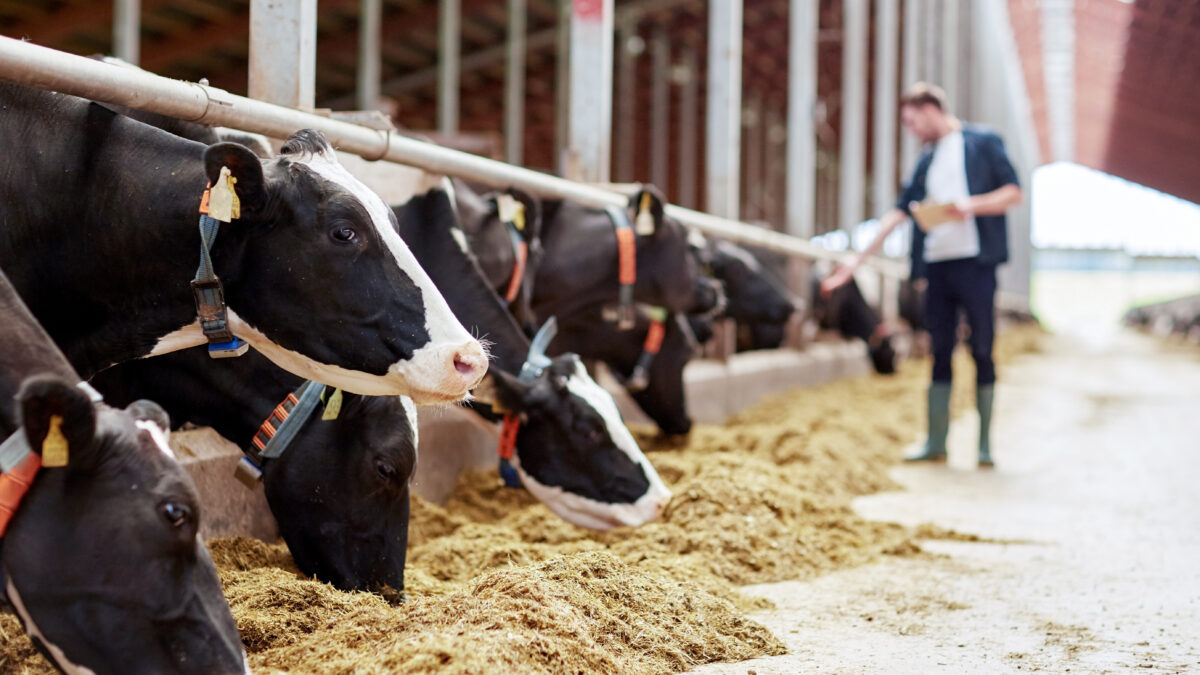With something as simple as a photograph, livestock farmers have access to data regarding animal health, movement and wellness. This is just one capability provided by agro-technology, specifically through the development of an AI-powered system that provides livestock farmers with this data. Companies active in this field utilise facial recognition technology, stressing that it significantly streamlines livestock management while concurrently doing away with the need for physical sensors, such as those affixed to animals’ ears. Bovine facial recognition technology can connect to existing agricultural installation management databases, allowing the managers of these installations to recognise the livestock by photographing their heads. All that is required is a smartphone and the recording of the characteristics of each cow in a system through a 3- to 5-second video of its head. The companies assert that facial recognition is both more effective and cheaper than the use of tags.
This technology is integrated with Internet of Things (IoT) devices that can help livestock farmers better and more efficiently manage their animals while reducing production costs. Achieving the above entails the combined use of facial recognition devices, collars and external sensors that track livestock water consumption. The technologies used monitor parameters such as livestock access to feed and water, as well as livestock activity. More specifically, such technologies can be used to track livestock grazing times, alert farmers when an animal is drinking less water than it should or has gained less weight than expected. and, finally, monitor stress levels and set off alarms if these exceed a certain threshold. Researchers have demonstrated the positive impact of connectivity between tools on livestock farm operating costs.
In addition, this technology is combined with a blockchain tool meant for consumers, which provides comprehensive details regarding meat product traceability. Consumers who purchase the meat can receive information regarding place of origin and method of production, as well as animal welfare certificates.










